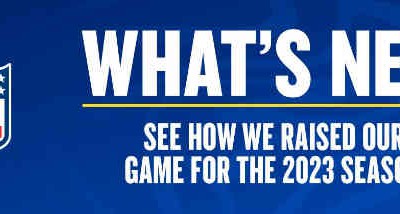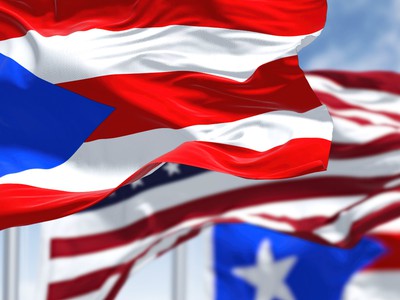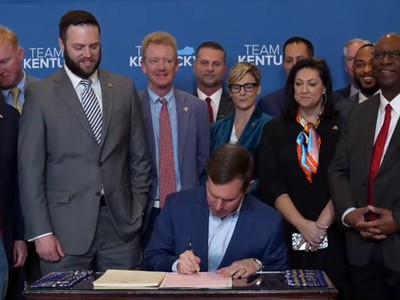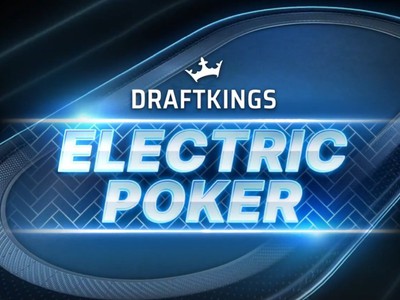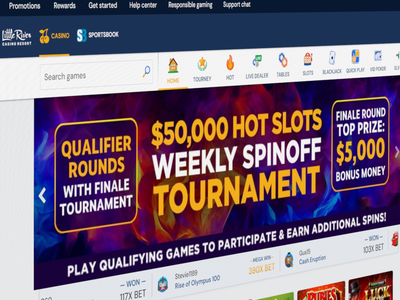DraftKings reported that its revenue grew more than 60% year-over-year to $212.8 million in Q3 2021, driven in large part by an increase in the number of customers and the rollout of its sportsbook in three additional states during the quarter.
But the Boston-based operator’s growth in revenue was offset by a myriad of factors, including several unfavorable outcomes in NFL games and higher costs for a range of items. That ultimately led to a widening loss of operations, which increased nearly 57% year-over-year to a loss of $546.5 million in Q3 2021.
“Revenue would have been $40 million higher, were it not for lower-than-forecast hold rates and investment in new state launches,” CFO Jason Park said during an earnings call this month to discuss Q3 2021. “Lower-than-forecasted hold cost us roughly $25 million of revenue in the third quarter.”
More players, more revenue
DraftKings said it saw 1.3 million average monthly unique players (MUPs) during Q3 2021, up 31% from the year-ago quarter when it saw 1.0 million MUPs. The operator also reported that the average revenue per MUP was $47, a 38% increase from the $34 the players generated for the operator in Q3 2020.
Meanwhile, DraftKings launched its sportsbook in Arizona, Connecticut and Wyoming during Q3 2021, bringing the number of states where its sportsbook is live to 15. The operator also added iGaming to a fifth state, Connecticut, during the quarter. The additions mean that DraftKings Sportsbook is available to 29% of the US population while online casino games are available to 11%.
The sportsbook launches in Arizona and Wyoming went better than expected and outperformed launches in other states. According to DraftKings, the number of active customers per adult during the first 30 days of the online sports betting launch in Arizona was 3.3 times higher than in other states, while in Wyoming it was 1.6 times higher.
“To put the ramp-up of Arizona in perspective, it took DraftKings just 17 days to acquire 100,000 first-time paid bettors compared to 170 days for New Jersey, 312 days for Pennsylvania and 344 days for Indiana,” CEO Jason Robins said during the call. “This was despite the fact that DraftKings did not have DFS [daily fantasy sports] in Arizona until August 28, only 12 days before we launched mobile sports betting.
“In New Jersey, Pennsylvania and Indiana, DFS was operational for more than six years prior to launching mobile sports betting in those states, which makes our customer acquisition success in Arizona even more impressive.”
Robins said DraftKings has secured authorizations for mobile sports betting in Louisiana, Maryland, New York and the Canadian province of Ontario, and expects to launch in each over the “coming months.”
Also during Q3 2021, DraftKings completed its migration to the in-house tech it gained through its 2020 acquisition of SBTech. It also launched its Rocket and NFL Flash Bet casino games during the quarter, and reported that its digital Marketplace – where customers can buy and sell non-fungible tokens (NFTs) – had gross merchandise volume totaling $20 million.
In NFL action, not a lucky quarter
But DraftKings also faced headwinds during the third quarter. New customer promotional investment costs for the launches in Arizona and Wyoming totaled $15 million, and a lower-than-forecast hold percentage impacted revenues by an additional $25 million.
To illustrate the bad breaks DraftKings got during the quarter, the operator said 89% of overs in NFL prime time games during the quarter hit. No underdog of 7.5 points or more upset their opponent through Week 7 of the NFL season – a tie for the most weeks in a season at that metric in the Super Bowl era.
DraftKings also reported higher expenses for several line items during the quarter. Cost of revenue, sales and marketing, product and technology and general and administrative costs were all higher in Q3 2021 compared to the year-ago quarter. Combined, those led to a net loss of $545 million, which was about 38% higher than the net loss of $395.7 million recorded in Q3 2020.
Still, the operator increased the midpoint of its full-year 2021 guidance to $1.26 billion, up from $1.25 billion, with a range of $1.24 billion to $1.28 billion.
“We are increasing our guidance because of broad strength in fundamental customer acquisition, engagement and monetization trends as well as modest contribution from our three new states,” Park said.
On the lower-than-forecast hold, Park quipped, “October has been an exciting month, to say the least, with two very challenging hold weekends only partially offset by last weekend, which was very positive.”
Leak required public airing of Entain plans
The Q3 2021 earnings call was one of the first opportunities for DraftKings executives to comment on its unsuccessful $22.5 billion bid for Entain. The operator pulled the plug on the proposal on October 26.
“We are continuously looking at multiple organic and inorganic growth opportunities that are accretive to our shareholders, most of which never come to fruition but offer great learning opportunities for me and the team,” Robins said. “This situation was unique.”
It was also complicated by a news leak. Robins said that after the leak occurred, pursuant to the UK’s City Code on Takeovers and Mergers, DraftKings had to disclose that it was in discussions with Entain, “even though the discussions were very early.
“We had the chance to meet with the leadership of Entain in order to explore the merits of the combination. Entain has a very impressive team, and we have a great deal of respect for the business they had built. However, after carefully assessing a potential transaction and weighing various considerations, including our own organic growth plans as well as other deal flow, we decided not to make an offer.”
During the Q&A portion of the call, Robins added, “there are other international assets that I think are of interest as well. In this case, we just decided it wasn’t the right thing for us at this time to pursue them, and I think we’ll continue to look at things out there.
“Most of the things we look at, we don’t end up pursuing. This was a unique one because, due to the UK takeover code, a very early discussion had to get publicized when normally we would just never have it see the light of day.”

